Montana, known as “Big Sky Country” or the “Treasure State,” is famous not only for its majestic natural landscapes and expansive skies but also as an ideal destination for those passionate about wilderness survival experiences. With vast mountain forests, diverse flora and fauna, and a harsh climate, Montana presents a real challenge for anyone looking to explore their limits and immerse themselves in the wild. Are you ready for a unique and challenging survival journey in the Montana wilderness?
Montana Wilderness: A Harsh Environment to Forge Survival Skills
Montana boasts diverse terrain, from the towering Rocky Mountains to vast plains and dense forests. The climate here is continental, with hot summers and frigid winters, accompanied by heavy snowfall. This natural severity creates a challenging yet incredibly captivating survival environment.
Montana’s wilderness is home to various wildlife, including bears, wolves, elk, deer, and birds of prey. This biodiversity is both a precious natural resource and a potential hazard for those seeking a survival experience. Facing wild animals, finding water and food sources, building shelters, and enduring harsh weather conditions require participants to have solid knowledge, skills, and resilience.
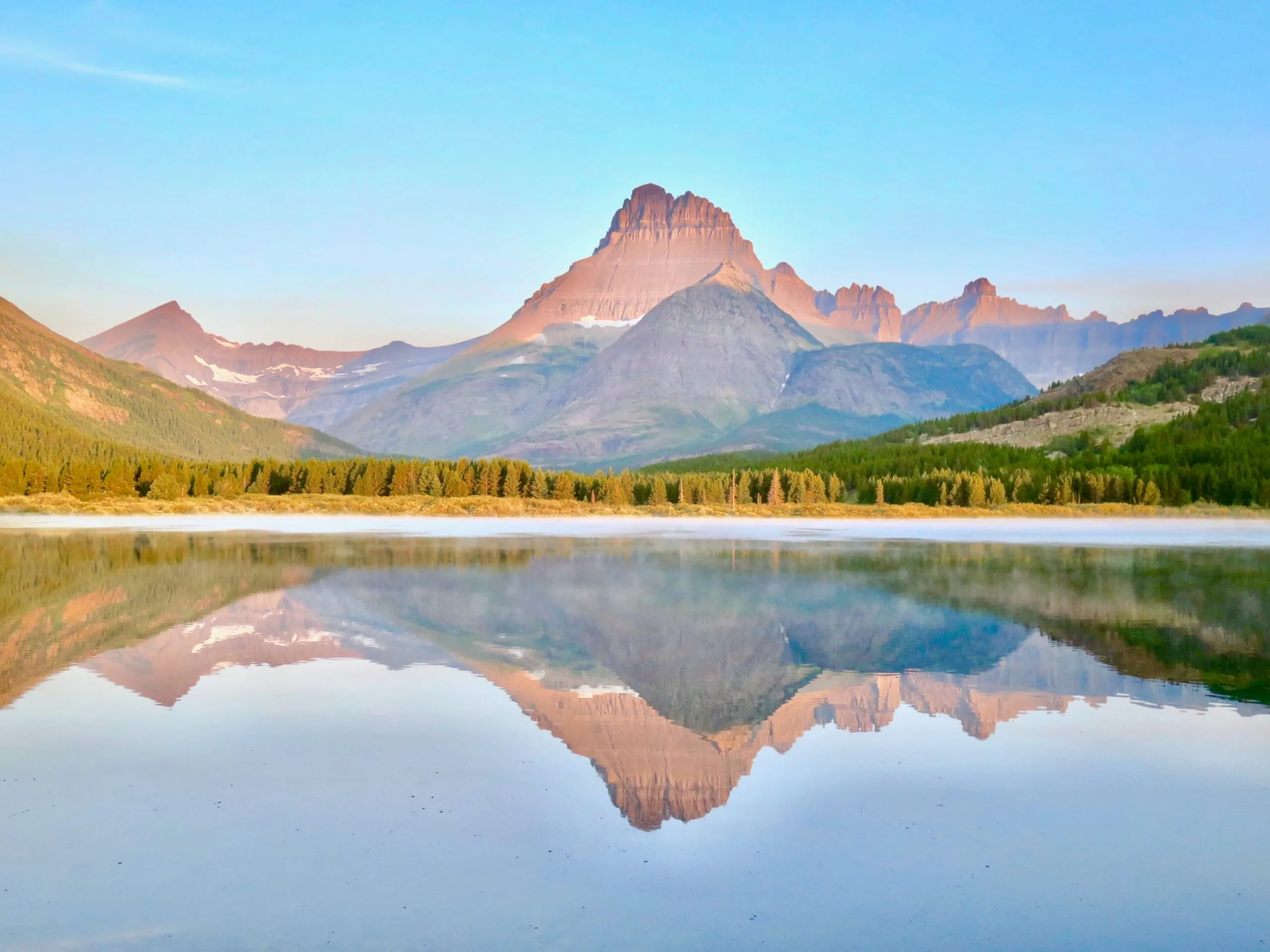
Essential Survival Skills: Keys to Conquering Montana Wilderness
To survive and overcome challenges in the Montana wilderness, you need to equip yourself with the following basic survival skills:
Finding and Treating Drinking Water
Water is essential for survival. In the wild, finding clean and safe water sources is crucial. You can find water from rivers, streams, lakes, or collect rainwater. However, natural water may contain bacteria and parasites that cause disease. Therefore, it is necessary to treat water by boiling, filtering through cloth, or using purification tablets before drinking.
Making Fire
Fire not only provides warmth and cooks food but also deters wild animals and brings a sense of security in the dark. To make fire, you need to prepare lighters, waterproof matches, or learn how to make fire using flint and natural tinder such as dry bark, dry leaves, and dry grass.
Building Shelter
Shelter protects you from harsh weather, wild animals, and helps maintain body warmth. You can utilize natural caves, large tree roots, or build temporary shelters using branches, leaves, and available materials in the forest.
Finding Food
Montana’s wilderness offers many natural food sources such as wild berries, mushrooms, roots, insects, and fish. However, you need the knowledge to distinguish between edible and inedible plants, as well as skills to hunt or fish for food.
Navigation and Movement
Navigation skills using a compass, map, sun, stars, and natural signs help you avoid getting lost and move efficiently in the forest.
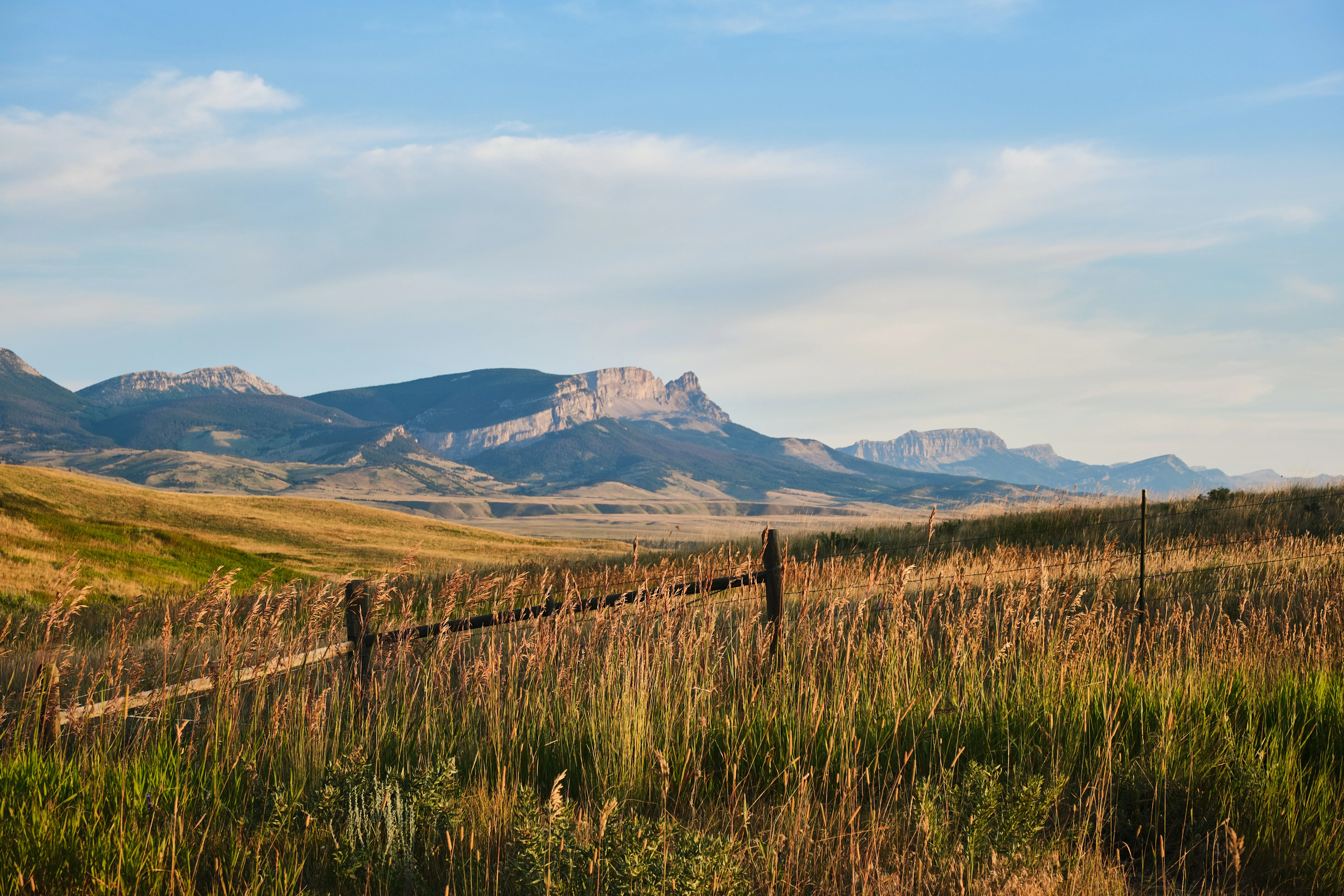
Explore Famous Survival Destinations in Montana
Montana has many ideal wilderness areas for survival experiences, notably:
Glacier National Park
Glacier National Park, the “Crown of the Continent,” is famous for its majestic mountains, glaciers, pristine lakes, and diverse ecosystems. It offers countless opportunities for survival activities such as trekking, wild camping, fishing, and nature exploration. However, the park also has many remote and dangerous areas, requiring participants to be well-prepared and adhere to safety regulations.
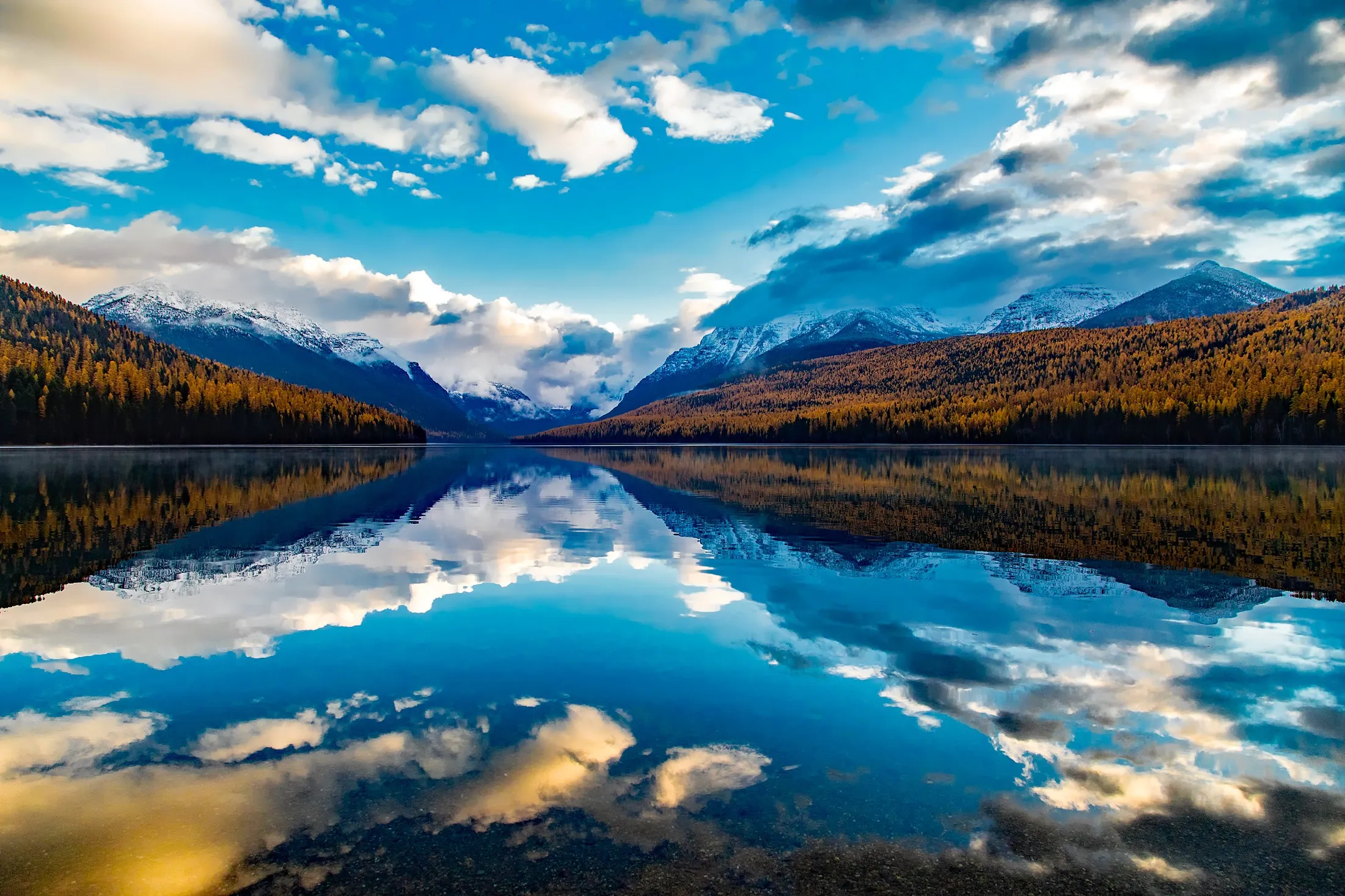
Yellowstone National Park
Part of Yellowstone National Park is located in Montana. Yellowstone is the world’s first national park, famous for its geysers, hot springs, canyons, and wildlife. The Yellowstone area in Montana offers unique survival experiences in a volcanic and geothermal environment.
Helena-Lewis and Clark National Forest
Helena-Lewis and Clark National Forest is a vast area with diverse terrain, including mountains, forests, lakes, and rivers. It has many hiking trails and wild campsites, suitable for those who want to experience survival at a moderate level. This national forest also bears the historical mark of the Lewis and Clark Expedition, who explored Montana in the early 19th century.
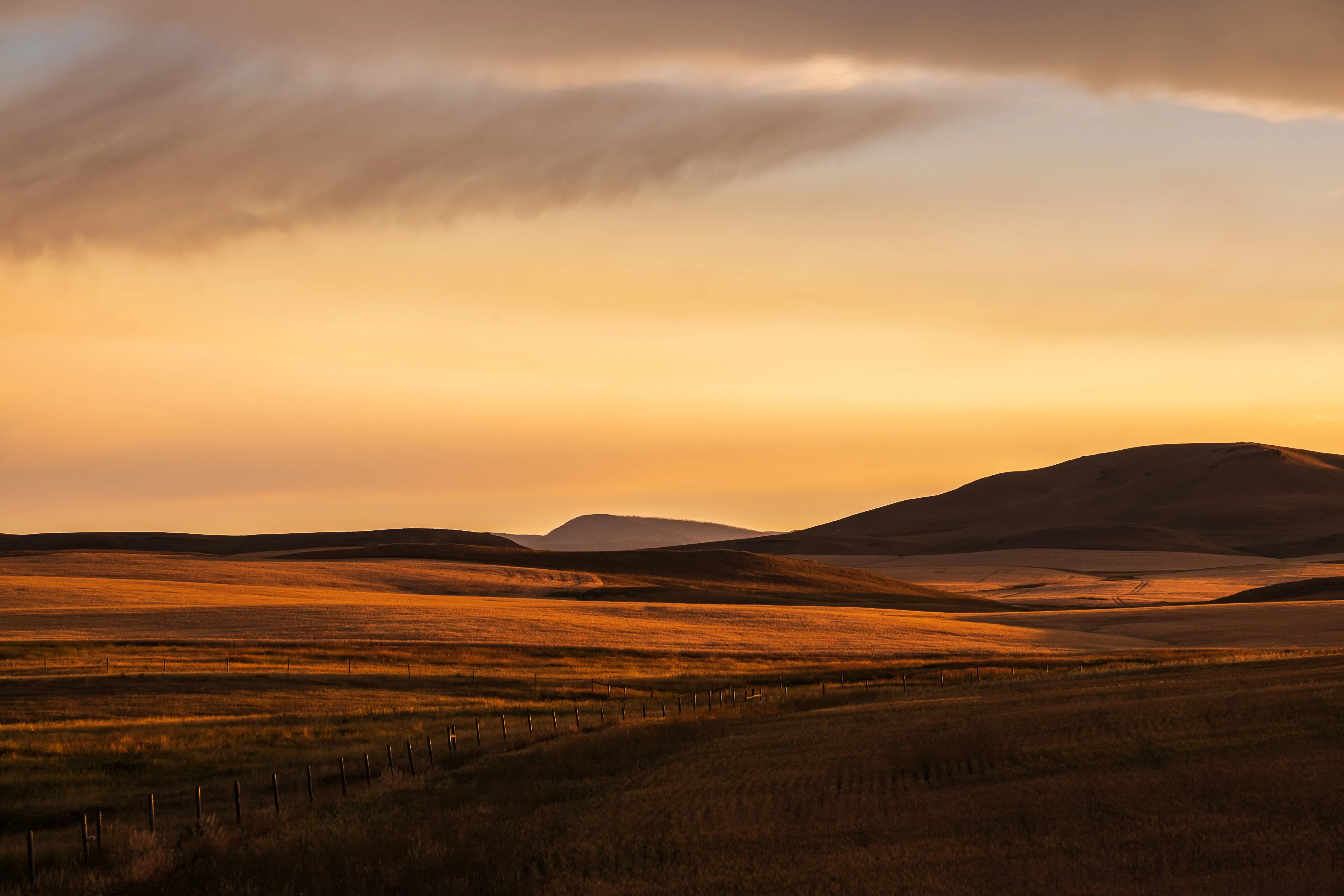
Prepare Thoroughly for a Memorable Survival Journey
To ensure safety and have a successful survival experience in the Montana wilderness, you need to prepare thoroughly in all aspects:
Survival Gear
- Multi-tool knife: An indispensable tool for all survival activities.
- Lighter or waterproof matches: To start a fire in all weather conditions.
- Compass and map: For navigation and orientation.
- Water filter or purification tablets: To ensure safe drinking water.
- Tent, sleeping bag, warm clothes: To protect against cold weather.
- Personal first aid kit: To treat minor injuries and common illnesses.
- Flashlight or headlamp: For moving and working in the dark.
- Paracord: Versatile, can be used to build shelters, make traps, and tie objects.
- Emergency food: Dried food, energy bars, nutritious nuts.
Skill and Knowledge Training
Participate in survival training courses, read books, and watch instructional videos to enhance your survival knowledge and skills. Practice basic skills such as fire starting, shelter building, and finding water and food before venturing into a real wilderness environment.
Learn About Terrain, Climate, and Wildlife
Thoroughly research the area where you plan to experience survival, including terrain, climate, common wildlife, and potential hazards.
Detailed Planning and Informing Relatives
Develop a detailed plan for your trip, including itinerary, routes, campsites, water and food sources. Inform your relatives or friends of your plan and leave contact information in case of emergency.
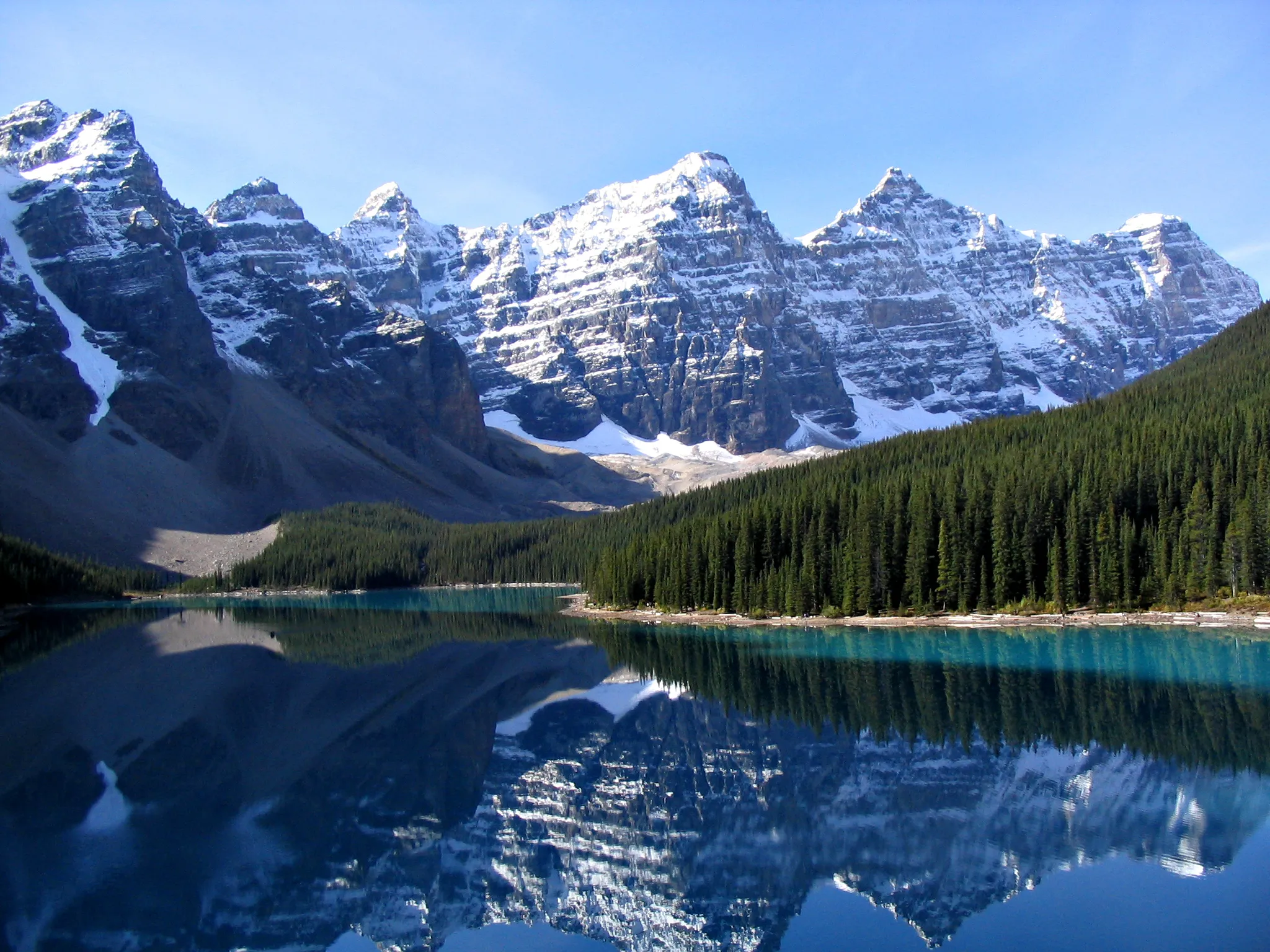
Safety First: Golden Rules for Wilderness Survival
Experiencing survival in the Montana wilderness offers unforgettable challenges and emotions, but safety must always be the top priority. Remember these principles:
- Never go alone: Always go with at least one companion to support and help each other in emergencies.
- Adhere to park or area safety regulations: Learn and comply with regulations on camping, fire, littering, and wildlife protection.
- Stay away from wild animals: Do not approach, feed, or provoke wild animals. Keep a safe distance and know how to defend yourself if attacked by animals.
- Monitor the weather: Check weather forecasts regularly and be prepared to respond to adverse weather conditions such as storms, snowfall, and lightning.
- Signal for rescue: Carry a whistle, signal mirror, or flares to signal for rescue if you get lost or have an accident.
- Do not take excessive risks: Know your limits and do not attempt actions that are too dangerous or beyond your capabilities.

A survival experience in the Montana wilderness is not just a risky adventure but also an opportunity for you to discover your inner strength, build resilience, and immerse yourself in the pristine beauty of nature. Prepare thoroughly, equip yourself with the necessary knowledge and skills, adhere to safety principles, and be ready to face challenges for a memorable survival journey in “Big Sky Country” Montana.